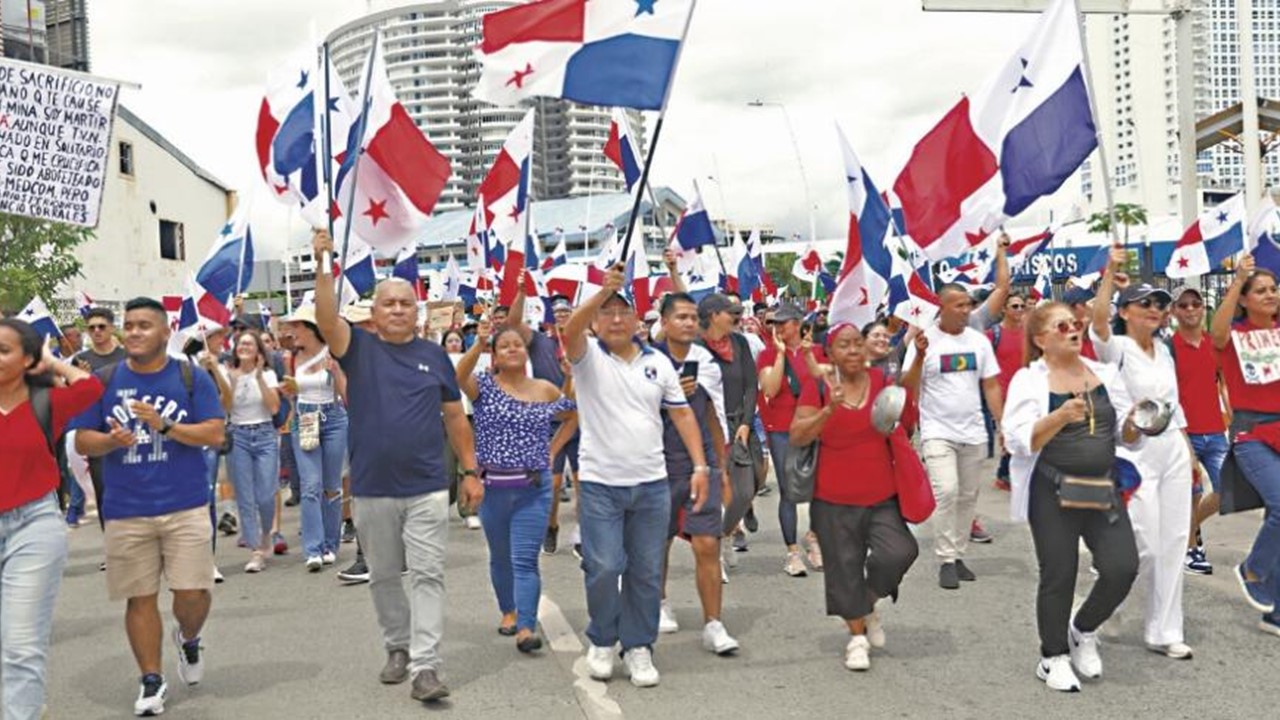Irreversible consequences of citizen protests

Sectors such as transportation, tourism, agriculture, industry, supply chain, and services have generated millions in losses that are still incalculable today, but that could have irreversible consequences if a point of consensus is not reached to restore free transit and allow the country’s already battered economic activity recovery says Panama’s Chamber of Commerce, Industries, and Agriculture (CIAP).
For Adolfo Fábrega, president of the Chamber the situation of “kidnapping” that many Panamanians experience is extremely worrying since the right to free movement, health, and work in decent conditions has been violated repeatedly.
Fábrega recognizes that the peaceful demonstrations promoted by young people will have a transcendental impact on the political history of the country by getting the Government to sanction a mining moratorium law that prohibits the granting of concessions for the exploration, extraction, transportation, and benefit of the exploitation of metal mining throughout the national territory.
But this effort that began with a legitimate demand from citizens has been distorted by closures that already have other objectives because human rights violations are occurring.
He said that there have already been closures of companies that had existed for years and that have not been able to resist the closures and this will inevitably have a direct impact on all Panamanians, which at this time is already reflected in the high cost of the few vegetables and legumes left in the markets.
“The cost of living for all Panamanians will have an increase that will take years to stabilize if we ever manage to return to the levels we were aiming for.”
According to Fábrega’s analysis, what began as a criticism of citizens against some State bodies “has transformed into a fight where we are hurting each other.” he added that no objective can be above the kidnapping and violation of human rights that have been inflicted on thousands of Panamanians.
“We already have reports of people who tried to get to hospitals with emergencies and failed, patients who needed medical supplies and did not get them, of distributors who no longer have fuel to continue delivering basic and essential foodstuffs.”
Finally, the lawyer asked to respect the rule of law and give time for due process so that the Supreme Court could issue a ruling on the unconstitutionality or not of Law 406 that establishes the contract between the State and Minera Panamá and that unleashed the social crisis in which the country finds itself. While this is happening, it is imperative and urgent that free transit be restored.





